Precision Pain Care – Helping Chronic Pain Sufferers in Smyrna, TN, “Get Back to Better”
Precision Pain Care is a premier interventional pain management practice that helps adults with musculoskeletal or neuropathic conditions regain strength, mobility, and function while avoiding narcotics and without resorting to major surgery. Specifically, we excel in nonsurgical treatments and minimally invasive procedures for neck and back pain, regenerative medicines for joint pain, and advanced solutions for other forms of chronic pain, such as radiculopathy, nerve pain, whiplash, and migraines. With a staff of compassionate professionals and easily accessible location in Smyrna, Tennessee, Precision Pain Care is ready to help you Get Back to Better.
Precision Pain Care was established in 2006 by Dr. Graf Hilgenhurst, a board-certified pain medicine specialist and anesthesiologist with decades of experience helping adults overcome discomfort from various types of acute and chronic pain conditions. He has achieved the highest qualifications possible in the pain medicine specialty and is the past president of the Tennessee Society of Interventional Pain Medicine Physicians, where he educated other physicians in advanced pain relief techniques. Dr. Hilgenhurst is also on the board of the Tennessee Pain Society and is the founder of Rutherford County’s only interventional pain surgery center that specializes in minimally invasive spinal procedures.
Not all pain is the same. This is a fact that Dr. Hilgenhurst knows well, which is why he tailors his treatments to the specific needs and preferences of each patient. When you visit Precision Pain Care, you can be assured that Dr. Hilgenhurst will get to the root cause of your pain and suggest real solutions, not quick fixes or a never-ending regimen of manipulations or narcotics.
Our friendly associates will be happy to answer any questions you may have about our practice in Smyrna, our providers, and how we can help you return to the activities you enjoy.
Call Precision Pain Care at 615-223-6200 or request an appointment online to schedule a consultation with Dr. Hilgenhurst.

Middle Tennessee’s Premier Spine and Pain Surgery Center.
Founded by Dr. Graf Hilgenhurst, Spine and Pain Physicians Surgery Center provides minimally invasive procedures to relieve spine and pain discomfort associated with disc herniations, sciatica, spinal stenosis, degenerative disc disease, compression fractures, and other painful conditions.